-

The strange death, and even stranger life of “Cocaine Cowboy” Andrew Carter Thornton II
Andrew Carter Thornton II (ACT II) is a name unknown to most except as a piece of historical trivia - the man who fell from the sky in 1985 with millions of dollars of cocaine strapped to his body. To a few others, he’s one of the men tied to a drug operation that was fueling and fueled by government corruption, whose roots were traced as far as the Kentucky Governor’s mansion. But reality, revealed through his FBI file, is even stranger, tracing the corruption surrounding ACT II all the way back to the CIA.
-

Soviet scientists joked that somebody had made a “political decision” to end UFO sightings in the USSR
Mostly redacted CIA records capture a rare Cold War commiseration between American and Soviet meteorologists over weather balloons being mistaken for aliens.
-

Under Trump’s first 100 Days, FOIA a little slower while open data takes a hit
Since President Donald Trump took office, slow Freedom of Information Act processes have become even slower — although it is tough to determine what, if anything, that means.
-

California Department of Justice spent nearly two million dollars on controversial facial recognition software
In responding to our records request California Department of Justice (CADOJ) has provided documents detailing their acquisition of an expansive and highly advanced facial recognition system. The $1.7 million tech can preform thousands of searches an hour, and appears to be fully integrated with a massive array of police databases.
-

Rules governing confidential informants remain shrouded in secrecy
FOIA requests filed last year with various federal agencies for “guidelines and policies” for the use of confidential informants returned only one completed response and several rejection, making significant public accountability regarding the practice all but impossible.
-

Chicago Police can’t find records of cellphone extraction tech it had previously released
In response to a recent public records request, Chicago Police claimed to have no records related to Cellebrite tech used to extract data from cellphones. Which is interesting, considering that CPD had already released that information not even a full two years earlier.
-

Justice Department releases damning audit of CoreCivic’s Leavenworth Detention Center
A report released by the Department of Justice yesterday details an assortment of concerns with wider implications for prisons that contract with the U.S. Marshals Service nationwide.
-
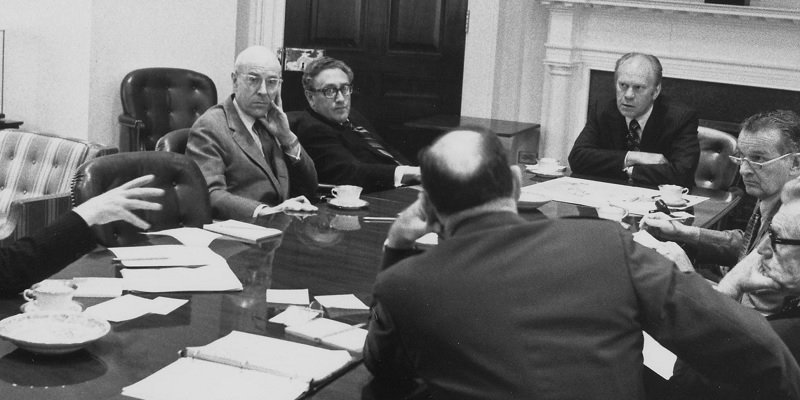
Amid scandal, former CIA Director admitted that you can never really know what the CIA’s up to
A formerly SECRET memo from the White House shows that not longer after Seymour Hersh published an expose in the New York Times about the domestic operations of CIA, President Ford met James Schlesinger, the Secretary of Defense and former CIA Director to discuss the allegations. When asked about the Agency’s role in Watergate, Schlesinger confessed “there is a layer in the Agency which you can never really find out what is going on.”
-

Trump’s Regulatory Reform teams prepare for action
The President wants to see fewer federal regulations and has issued multiple Executive Orders to that effect. But the one-in-two-out approach may leave rules with important intentions on the chopping block.
-

Army Corps of Engineers argues releasing DAPL oil spill assessment reports would endanger lives
The Army Corps of Engineers have rejected a FOIA request for the “assessment report on the potential impact of an oil spill of the Dakota Access pipeline,” arguing that the release of such information would people’s lives at risk.
-
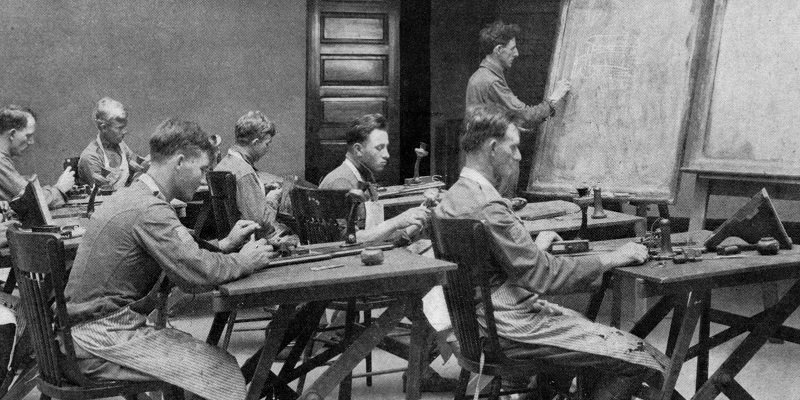
Join us for upcoming MuckRock Slack FOIA chats
MuckRock’s FOIA Slack has grown to over 3,000 registered members, and we’re kicking off a new round of Slack FOIA Chats focused on issues ranging from making the most of resources from the Reporters Committee for the Freedom of the Press to tips from one of America’s most prolific requesters, as well as insight on how to dig into cold case murder files.
-

Funny papers, please: a sampling of comic strips in the CIA’s archives
A unexpected fringe benefit of the CIA’s release of its declassified archive is the treasure trove of comic strips - mostly concerning the Agency’s activities - contained therein.
-

Ever-looming controversy: the fight over the “Armenian Orphan Rug”
As the centennial of the Armenian genocide loomed in 2014, a rug became on of the more bizarre examples of how far the US government will go to attempt to both appease Armenian Americans’ desire for acknowledgment of the genocide and avoid offending powerful military ally Turkey, which has long denied that its founding involved the massacre of at least 1.5 million Armenians.
-
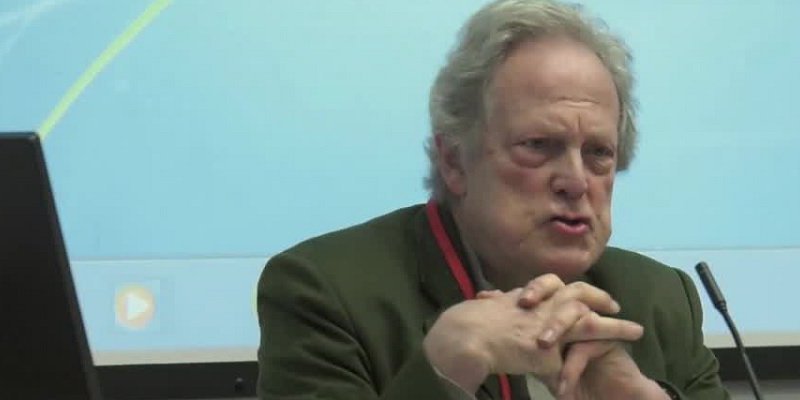
Long before WikiLeaks, the FBI spent decades obsessing over Gavin MacFadyen
FBI Records released by the National Archives confirm confidential informants were reporting on Gavin MacFadyen over forty years before WikiLeaks and the Courage Foundation - even providing the Bureau with some of MacFadyen’s correspondence and his address book.
-

The on again, off again relationship between FOIA and White House visitor logs
Until late in George W. Bush’s administration, White House visitor logs appeared to receive only occasional attention, but unless current legal efforts are successful, whatever access the public had to seeing who stopped by 1600 Pennsylvania Ave might soon be gone for good.
-

Joint Terrorism Task Force shared intelligence on Aryan Nations, Anonymous … and Occupy Wall Street
Back in 2011, the FBI’s Memphis field office hosted an intelligence briefing for the local Joint Terrorism Task Force. Topics included the latest issue of Inspire magazine, “white powder” letters, and updates on the notorious domestic terror groups Aryan Nations, Anonymous, and Occupy Wall Street.
-

Join our project to understand - and end - the extent of the rape kit backlog
Thousands upon thousands of sexual assault evidence collection kits have gone untested and the crimes perpetrators unpunished. MuckRock is starting a crowdsourced effort to understand the extent of the problem in cities and towns across the country.
-

Government-owned cannabinoid patent not enough to convince DEA of marijuana’s medical use
Is taking out a patent on the medical uses of marijuana’s primary drug component an acknowledgement that, yes, marijuana has some health-beneficial effects? Not according to the DEA.
-
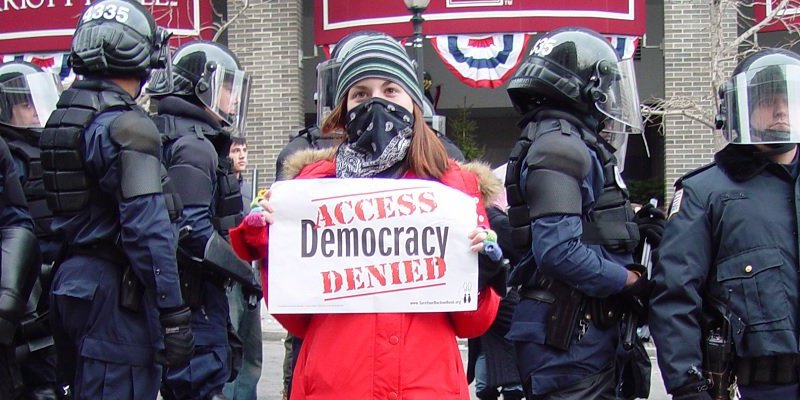
Five law enforcement agencies that don’t want you looking at their protest records
In trying to learn more about how police respond to demonstrations, MuckRock has been consistently met with exemptions and pushback, often with entire records releases being denied. Let us curate the five worst examples of this we have come across in the last few months.
-
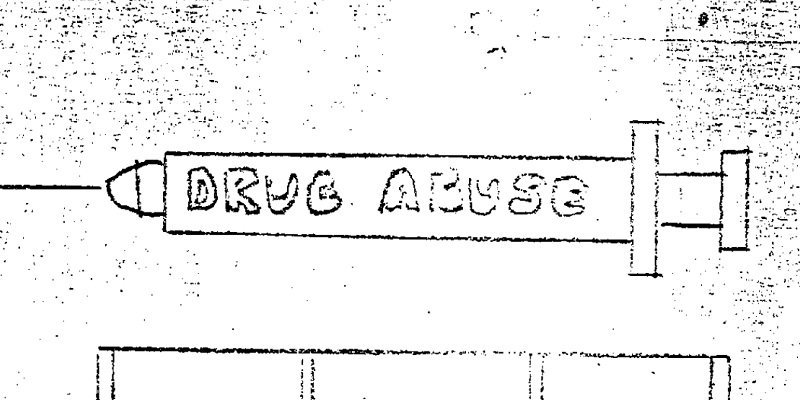
CIA created “pseudo-marijuana” for a presentation on drug abuse
According to declassified meeting minutes from 1972 and an old article saved by CIA, the Agency’s Office of Medical Services had a drug abuse booth “originally created by CIA doctors for parents who work for the agency” - including a sniffable bag of “pseudo-marijuana.”
-

Five environmental impacts of the EPA changing under Trump
Last week, Scott Pruitt, the head of the Environmental Protection Agency, traveled to Sycamore, Pennsylvania and, speaking before the coal miners at Harvey Mine, announced that the EPA would be advancing a “Back-to-Basics” agenda in the new administration. But what does that really mean?
-

CIA psychic claimed the Oklahoma City Bombing was the work of “five Arabs”
On April 20, 1995, just one day after the bombing of the Alfred P. Murrah Federal Building in Oklahoma City, the received a tip from the unlikeliest source - Dr. Ed May, head of the CIA’s research into psychic phenomenon. May claimed one of his remote viewers had a lead on the people responsible: five Arab men and somebody named Carl.
-

Emails show North Charleston Police kept close eye on Walter Scott protestors …
Emails released by the North Charleston Police Department show that after the fatal shooting of Walter Scott in 2015 by former NCPD officer Michael Slager, the department closely monitored the social media accounts of activists, in addition to compiling information - including court histories - regarding Scott’s family.
-

In North Carolina, feces pits make bad neighbors
The Tar Heel State is the scene for an impending class action lawsuit focused on feces swamps, sparking a discussion about the extent to which agricultural waste disproportionately affects people of color, and who may be held liable for its environmental and economic effects.
-

Mississippi school district wants $50 before it will begin processing FOIA
A school District in Mississippi is requesting a $50 advance before it will begin processing a FOIA request regarding LGBTQ protections within its institutions.